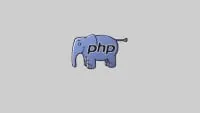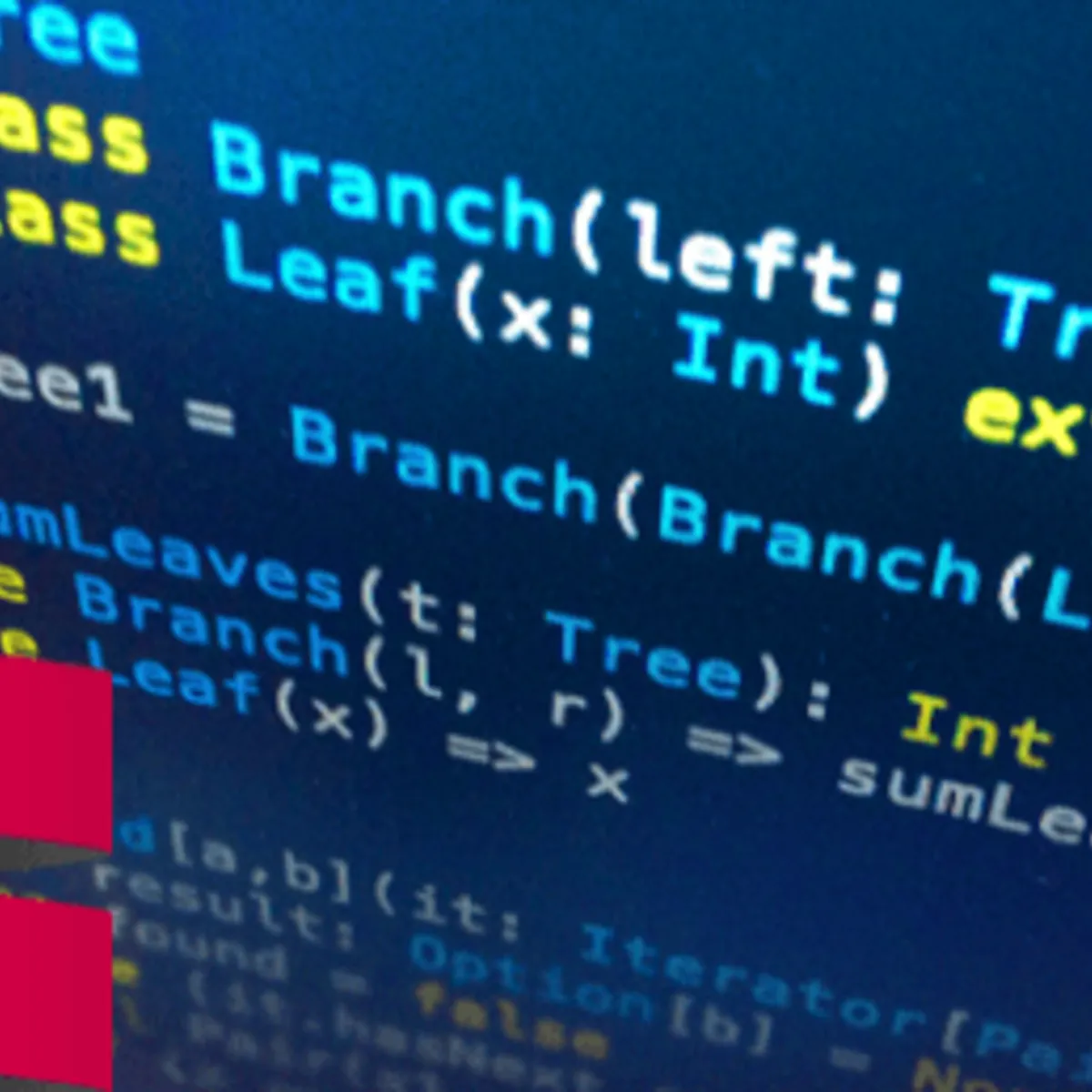
Object-Oriented Programming in Python 
Python's object-oriented programming (OOP) allows developers to create complex, data-driven applications. OOP differs from procedural programming by allowing developers to define their own classes and methods, and to inherit from existing classes. With OOP, developers can create customised methods, attributes, and constructors, as well as define class-level and instance-level data. Additionally, OOP allows developers to ensure that objects that store the same data are treated equally, and to customise object string representations and create new error types. Finally, developers can further customise their classes to behave more like standard Python data types. ▼
ADVERTISEMENT
Course Feature
![]() Cost:
Cost:
Free Trial
![]() Provider:
Provider:
Datacamp
![]() Certificate:
Certificate:
No Information
![]() Language:
Language:
English
Course Overview
❗The content presented here is sourced directly from Datacamp platform. For comprehensive course details, including enrollment information, simply click on the 'Go to class' link on our website.
Updated in [June 30th, 2023]
This course provides an introduction to Object-Oriented Programming (OOP) in Python. Participants will learn the differences between procedural and object-oriented programming, and how to use OOP to create their own classes. They will also learn how to write methods, attributes, and constructors, as well as how to inherit from a class, customise and redefine methods, and compare class-level and instance-level data. Additionally, participants will learn how to ensure that objects that store the same data are treated equally, how to define and customise object string representations, and even how to create new error types. Finally, participants will discover how to further customise their classes so that they behave more like standard Python data types.
[Applications]
After completing this course, students should be able to apply object-oriented programming in Python to create custom classes, define methods, attributes, and constructors, and inherit from a class. They should also be able to customise and redefine methods, compare class-level and instance-level data, ensure that objects that store the same data are treated equally, define and customise object string representations, and create new error types. Additionally, students should be able to further customise their classes so that they behave more like standard Python data types.
[Career Path]
One career path that learners of this course can pursue is that of a Python Software Developer. Python Software Developers are responsible for developing software applications using the Python programming language. They must be able to design, develop, test, and debug software applications, as well as maintain and improve existing applications. They must also be able to work with other developers to ensure that the software meets the needs of the customer.
The development trend for Python Software Developers is very positive. As more and more companies are turning to Python for their software development needs, the demand for Python Software Developers is increasing. Additionally, the use of Python in data science and machine learning is also increasing, creating even more opportunities for Python Software Developers. As the demand for Python Software Developers continues to grow, so too will the salaries and job opportunities for these professionals.
[Education Path]
The recommended educational path for learners of Object-Oriented Programming in Python is to pursue a Bachelor's degree in Computer Science. This degree will provide students with a comprehensive understanding of the fundamentals of computer science, including programming languages, algorithms, data structures, operating systems, and computer architecture. Additionally, students will learn about software engineering, computer networks, and computer graphics.
The development trend for this degree is to focus on the application of computer science principles to solve real-world problems. This includes the development of artificial intelligence, machine learning, and data science. Additionally, students will learn about the ethical implications of computer science and the importance of cybersecurity. As technology continues to evolve, the degree will also focus on emerging technologies such as blockchain, quantum computing, and the Internet of Things.
Course Syllabus
OOP Fundamentals
Inheritance and Polymorphism
Integrating with Standard Python
Best Practices of Class Design
Course Provider

Provider Datacamp's Stats at AZClass
Discussion and Reviews
0.0 (Based on 0 reviews)
Explore Similar Online Courses

IBM AI Foundations for Business

PHP - Advanced Features

RDBMS PostgreSQL

Intro To PostgreSQL Databases With PgAdmin For Beginners

PostgreSQL: Client Applications

Mastering SQL using Postgresql

Database Design and Basic SQL in PostgreSQL

PostgreSQL: Advanced Queries

Spatial SQL with Postgres : A language for geographers

Learn SQL Using PostgreSQL: From Zero to Hero

PostgreSQL Essential Training


Start your review of Object-Oriented Programming in Python